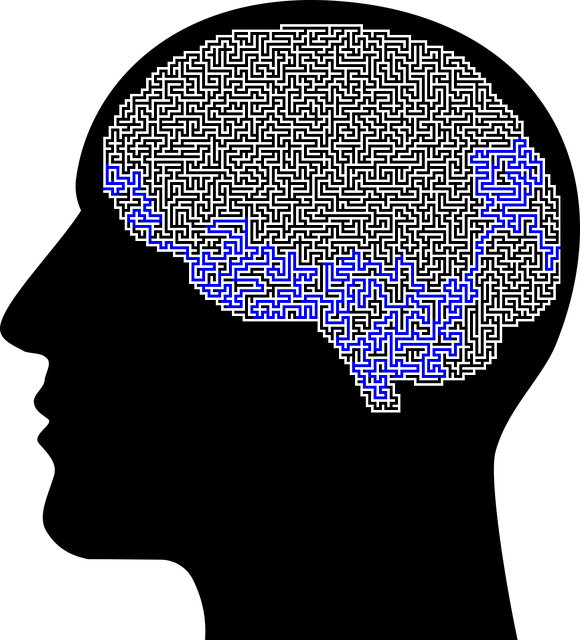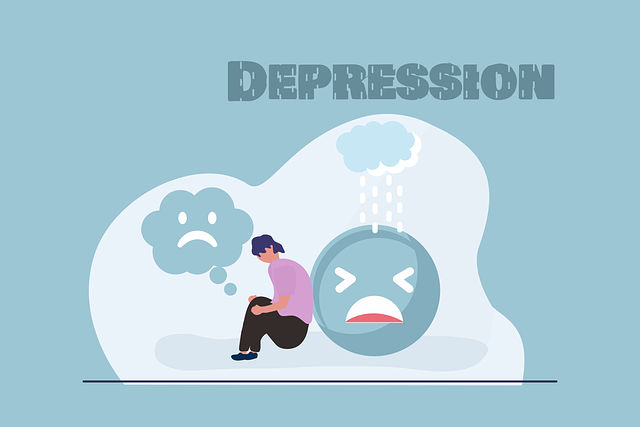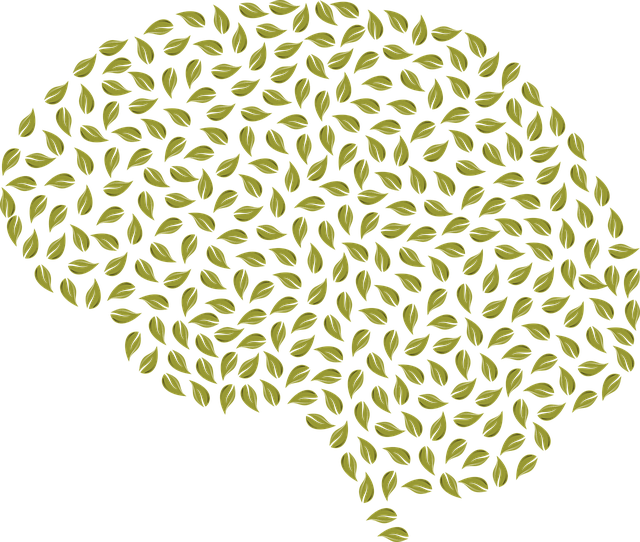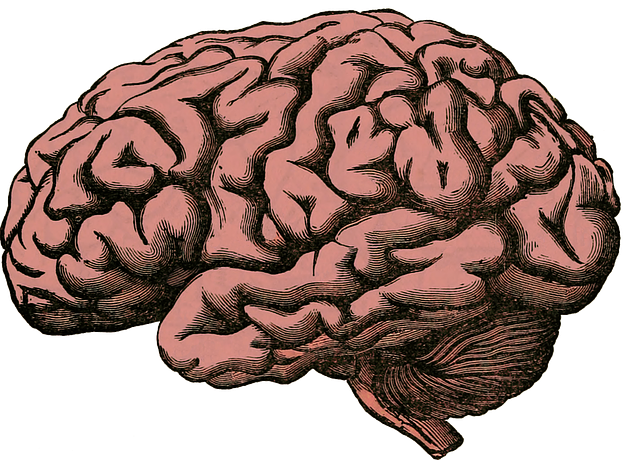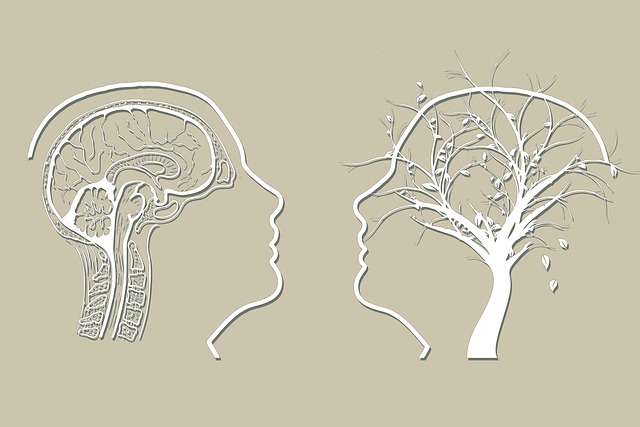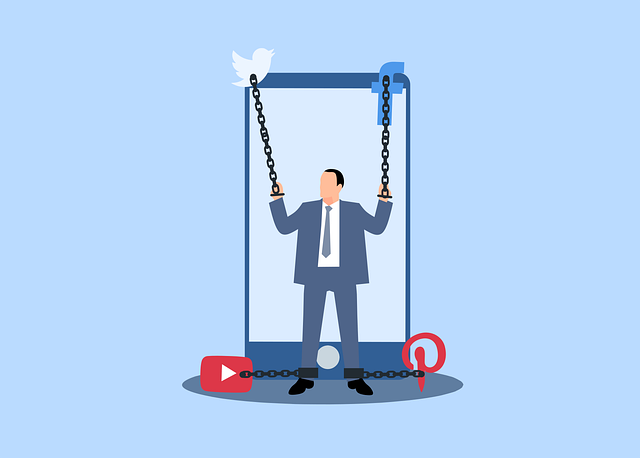The Littleton Developmental Disability Therapy community presents a unique marketing opportunity for mental wellness apps tailored to individuals with developmental disabilities, their caregivers, and therapists. By engaging through focus groups, professionals can identify specific needs, such as accessible self-care tools. Apps developed with these insights offer personalized features like journaling exercises and risk management planning, reducing stigma through education and interactive content, fostering a supportive community, and increasing user engagement. A diverse multi-channel marketing strategy leveraging social media, targeted ads, email newsletters, and strategic partnerships can greatly enhance accessibility to these valuable resources, promoting emotional intelligence development tools like Mind Over Matter principles.
In today’s digital age, mental wellness apps are transforming lives, especially within communities like Littleton Developmental Disability Therapy. This article explores a comprehensive marketing strategy for these apps, focusing on understanding the unique needs of users in such therapy communities. We’ll delve into segmenting and targeting effectively, creating compelling value propositions, and implementing multi-channel marketing to maximize reach and engagement. By combining insights with innovative tactics, this guide aims to empower app developers to thrive in the competitive mental health app market.
- Understanding the Target Audience: A Deep Dive into Littleton Developmental Disability Therapy Community
- Crafting a Unique Value Proposition for Mental Wellness Apps
- Multi-Channel Marketing Strategy for Maximum Reach and Engagement
Understanding the Target Audience: A Deep Dive into Littleton Developmental Disability Therapy Community

The Littleton Developmental Disability Therapy community presents a unique and critical target audience for mental wellness app marketing. This niche market comprises individuals with developmental disabilities, their caregivers, and therapists who require tailored support to manage emotional well-being effectively. By delving into this community, mental health professionals can gain profound insights into the specific challenges and needs of this demographic.
For instance, a focus group within this community might reveal a growing interest in accessible, user-friendly tools for self-care and emotional intelligence development. This understanding can guide the creation of an app offering tailored Mental Wellness Journaling Exercise Guidance, alongside features for risk management planning—crucial aspects often overlooked in mainstream mental wellness apps. Such personalization ensures that the app caters to the distinct needs of this audience, fostering a sense of acceptance and empowering individuals with developmental disabilities to take charge of their emotional health journeys.
Crafting a Unique Value Proposition for Mental Wellness Apps

In the competitive landscape of mental wellness apps, crafting a unique value proposition is essential for standing out. Apps focused on addressing Littleton Developmental Disability Therapy issues must go beyond general wellness promises and highlight their specific strengths. For instance, an app might offer personalized therapy sessions tailored to individuals with developmental disabilities, focusing on reducing the stigma associated with mental illness in this community. By emphasizing such specialized services, the app can attract users seeking targeted support.
Engaging in Mental Illness Stigma Reduction Efforts through Public Awareness Campaigns Development can be a powerful differentiator. Apps that integrate educational content, interactive tools, and supportive communities dedicated to breaking down barriers can foster a sense of belonging and understanding. This approach not only enhances user engagement but also contributes to broader mental wellness goals by fostering an inclusive environment where individuals feel comfortable seeking help without fear of judgment or discrimination.
Multi-Channel Marketing Strategy for Maximum Reach and Engagement

In today’s digital age, a multi-channel marketing strategy is essential for reaching and engaging users seeking mental wellness solutions, particularly those with developmental disabilities. By diversifying marketing efforts across various platforms and communication strategies, Littleton Developmental Disability Therapy can expand its reach significantly. This approach ensures that valuable resources and support are accessible to folks who may be navigating challenges related to emotional intelligence and seeking tools like Mind Over Matter principles for improvement.
Utilizing a combination of social media campaigns, targeted online ads, email newsletters, and collaborations with influencers or relevant organizations, the app can create a powerful buzz. Social media platforms offer space for insightful content sharing, while online advertising enables precise targeting based on demographics and interests. Collaborating with influential figures in the mental health space or partnering with support groups can further amplify the message, fostering a sense of community and trust among potential users.
In developing a marketing strategy for mental wellness apps, understanding specific communities is key. The example of Littleton Developmental Disability Therapy highlights the importance of tailoring approaches to diverse audiences. By crafting a unique value proposition and employing a multi-channel marketing strategy, developers can effectively reach and engage users like those in the Littleton community. This ensures that mental health support becomes accessible and appealing to all, fostering a healthier and more inclusive society.
